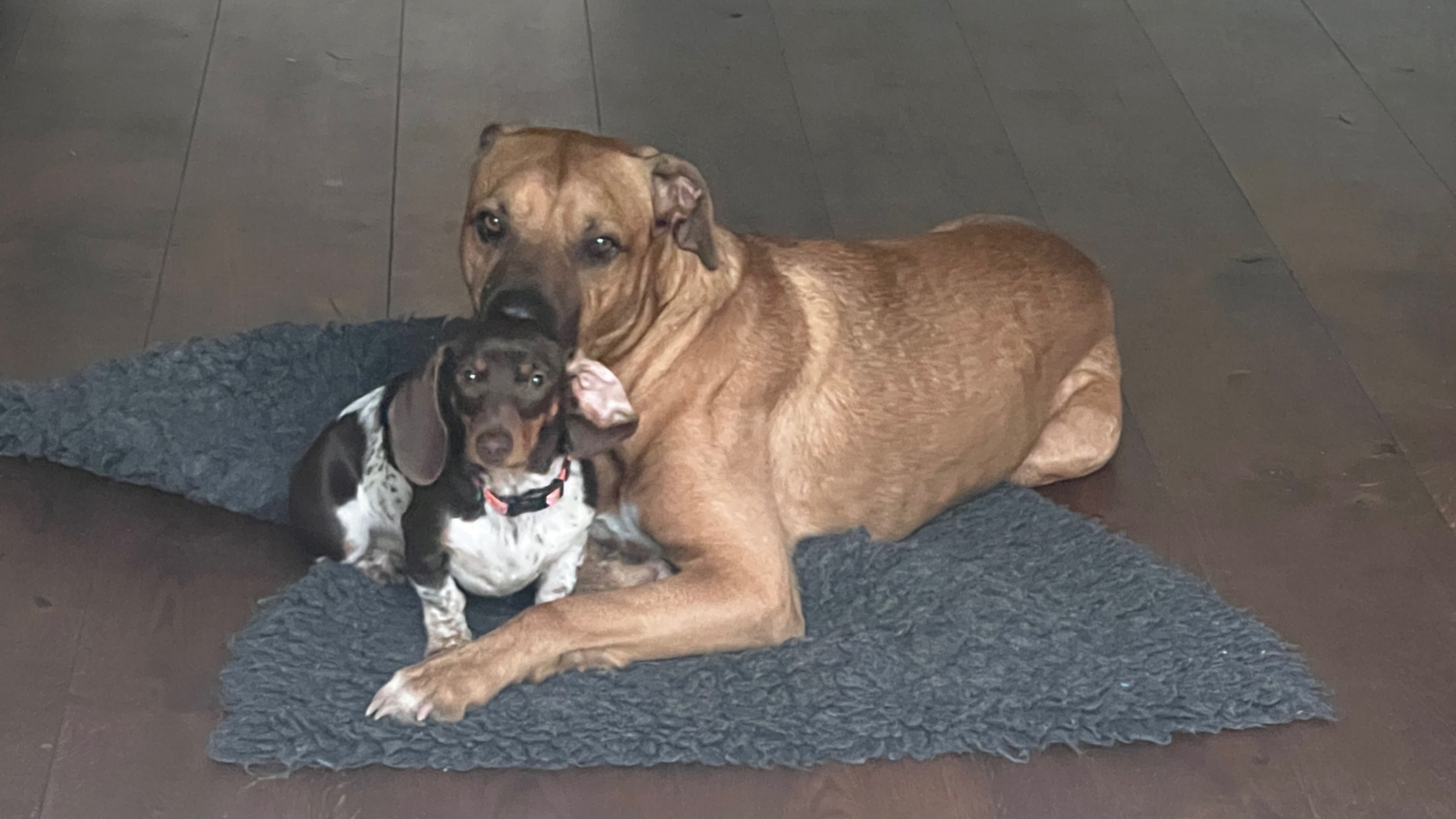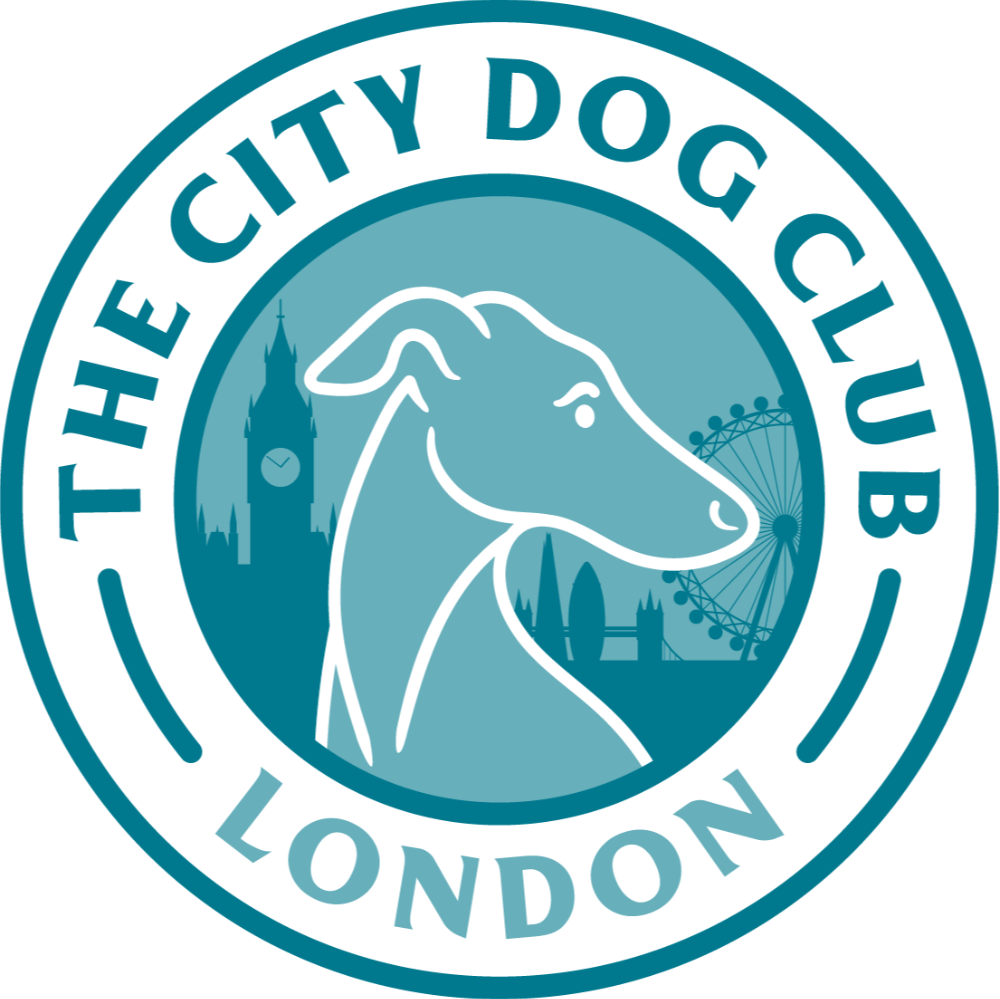
Routine Matters for City Dogs
Sep 17, 2025
Why Routine Matters For City Dogs
If there is one thing living with dogs in London has taught me, it is that routine is everything. Without it, dogs can tip into chaos fast. With it, they thrive, even in the middle of the city.
Take Scrappy, my teenage Dachshund. She is hilarious, full of energy, and has very clear opinions about life. But like most teenagers, when she gets overtired or overstimulated, she starts to act out. Sometimes that means humping the other dogs, sometimes it is climbing onto the dining room table, and sometimes it is chasing the cat after she has already worn out every other dog in the house. That is when I know she is missing one of the pillars of her routine.
Sleep Comes First
Scrappy does not always think she needs sleep, but her behaviour tells me otherwise. When she is silly, nippy, or bouncing off the walls, it is usually because she is overtired. Crate time gives her the reset she needs. Teen dogs, especially in the city with all its sights and sounds, need far more downtime than people expect, up to 18 hours some days. And this has to be in a quiet place as studies have shown that dogs whose sleep is frequently disrupted show more behavioural problems. Sleep is not optional, it is essential.
Emotional Time With Her Humans
It is easy to assume exercise alone will keep a dog happy, but Scrappy shows me daily that she also needs emotional connection. After her walks or training games, she will flop down next to me, or on my lap, sigh loudly, and just want to be close. That quiet companionship is part of her routine too. It is her chance to feel safe and loved in a city that can sometimes feel overwhelming.
Mental Stimulation Keeps Her Sane
When Scrappy’s brain is not busy, she makes her own fun, usually by winding up the other dogs until they are exhausted, and then moving on to the cat. She is clever enough to invent mischief if I do not provide it. So I build scent games, tug games and short training sessions into her day. Even a few minutes of ‘find it’ in the kitchen leaves her satisfied enough to curl up and nap instead of plotting her next heist. This is often the part of the routine that owners overlook and yet it is a crucial part.
Physical Exercise In Balance
Scrappy’s walks are not just about moving her legs, they are about keeping her engaged with me. We use our walks for training, games, and focus work, as I have to keep an eye on her arousal levels. If I give her too much freedom, she tips into over excitement and suddenly cannot hear me anymore. More recently she has started eyeing squirrels, and I do not want her rehearsing endless chasing. That is why we practise disengagement at home and in the garden, so it is easier for her to make good choices when we are outside. Furthermore research on how emotional/environmental stimuli before sleep affect dogs suggests that being overstimulated has measurable negative effects, including poorer sleep quality.
The Bigger Picture
What Scrappy teaches me is that routine is not boring, it is security. When dogs know there will be time for sleep, emotional connection, brain work, and exercise, they can let go of stress. In a busy city, that is priceless. Without it, they are left trying to cope on their own, and that is when problems like barking, chewing or reactivity creep in.
So if you want a calmer, happier city dog, think like Scrappy, build a routine that covers all the bases. It does not have to be perfect, just consistent. The payoff is a dog who feels balanced, and a household that feels a lot calmer too.
Want more tips on creating the right routine for your dog? Join The City Dog Club Community, it is where you can ask questions, share stories, and get city friendly training advice tailored to real life.
Stay connected with news and updates!
Join our mailing list to receive the latest news and updates from our team.
Don't worry, your information will not be shared.
We hate SPAM. We will never sell your information, for any reason.

